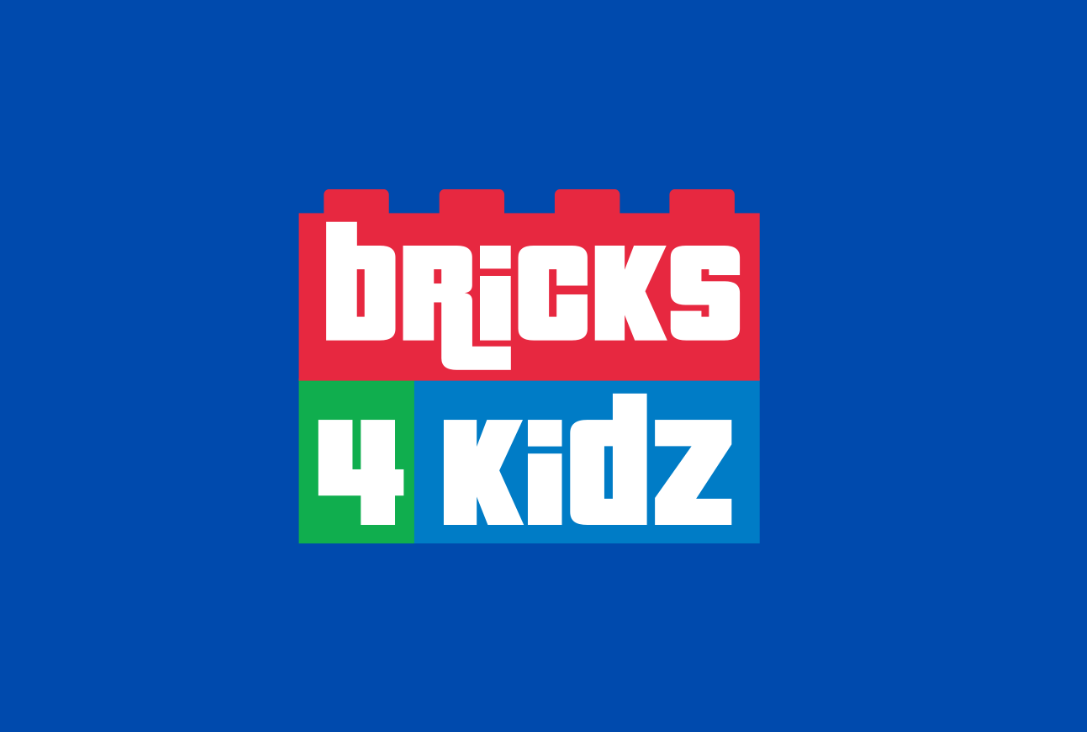Buying a franchise can be a life-changing investment. It offers the advantage of operating under an established brand with proven systems and support, but it’s not a guaranteed success. Before diving in, it’s critical to ask the right questions to make an informed decision and avoid costly mistakes. Here are the most important questions to consider before buying a franchise.
1. What Are the Total Startup Costs?
Franchising involves more than just the initial franchise fee. Ask for a complete breakdown of startup costs including equipment, inventory, real estate, insurance, and working capital. Understanding the full financial commitment will help you assess whether the investment fits your budget and risk tolerance.
2. What Territory Rights Are Granted?
Territory protection can be crucial. Ask whether your franchise will have exclusive rights to a certain geographic area. Clarify if the franchisor can market additional franchises for sale nearby or open company-owned locations within your region.
3. What Are the Ongoing Fees?
Franchisees often pay ongoing royalties and marketing fees. These typically take the form of a percentage of gross revenue. Ask how these fees are structured and whether they increase over time. Also, understand what support or services you’re receiving in exchange.
4. What Kind of Training and Support Is Provided?
One of the main advantages of franchising is support. Ask about the initial training, ongoing support, and whether there’s help with marketing, operations, or employee recruitment. Strong franchisors will offer comprehensive programs to help you succeed.
5. What Is the Franchisor’s Track Record?
It is important to research the franchises reputation. How long has the franchisor been in business? How many units are operating—and how many have closed? Talk to current and former franchisees to get honest feedback on their experiences this remains one of the best ways to find out if a franchise is legitimate.
6. What Are the Franchisee’s Obligations?
Every franchise has rules and systems you must follow. Make sure you understand the day-to-day expectations, restrictions on suppliers, and whether you’re required to work on-site. Some franchises offer flexibility; others require a full-time commitment.
7. What Is the Earning Potential?
While franchisors are restricted from making income guarantees, the Franchise Disclosure Document (FDD) may include performance data. Use this data, along with conversations with current franchisees, to estimate potential revenue and profitability.
8. What Happens If You Want to Exit?
Understand the terms regarding reselling or exiting the franchise. Can you sell your franchise freely? Are there fees or restrictions involved? Life circumstances change, and having a clear exit strategy is smart planning.
9. How Is the Relationship Between Franchisor and Franchisees?
Franchisee satisfaction is a key indicator of a healthy system. Ask if there’s a franchise advisory council, and whether franchisees feel their concerns are heard. A strong, collaborative relationship is essential for long-term success.
10. Have You Reviewed the FDD with a Franchise Attorney?
Lastly, never sign a franchise agreement without reviewing the FDD thoroughly—ideally with an attorney who specializes in franchise law. It’s a complex document, and legal guidance can protect your interests.
Conclusion
Franchising can be a fast track to business ownership, but only if you choose the right opportunity. Asking the right questions—before you invest—can save you time, money, and stress down the road. Take your time, do your homework, and make a decision grounded in facts, not just enthusiasm.









